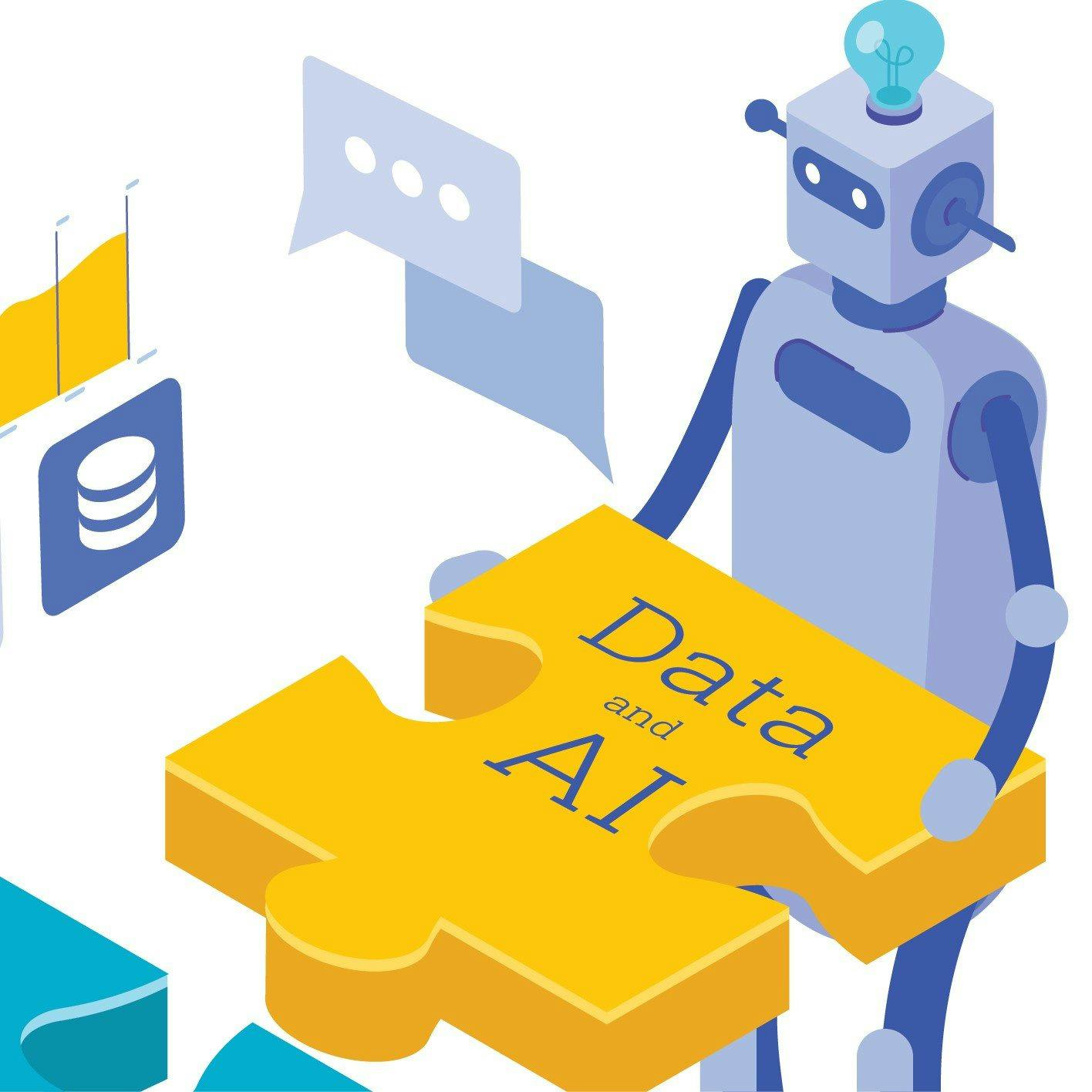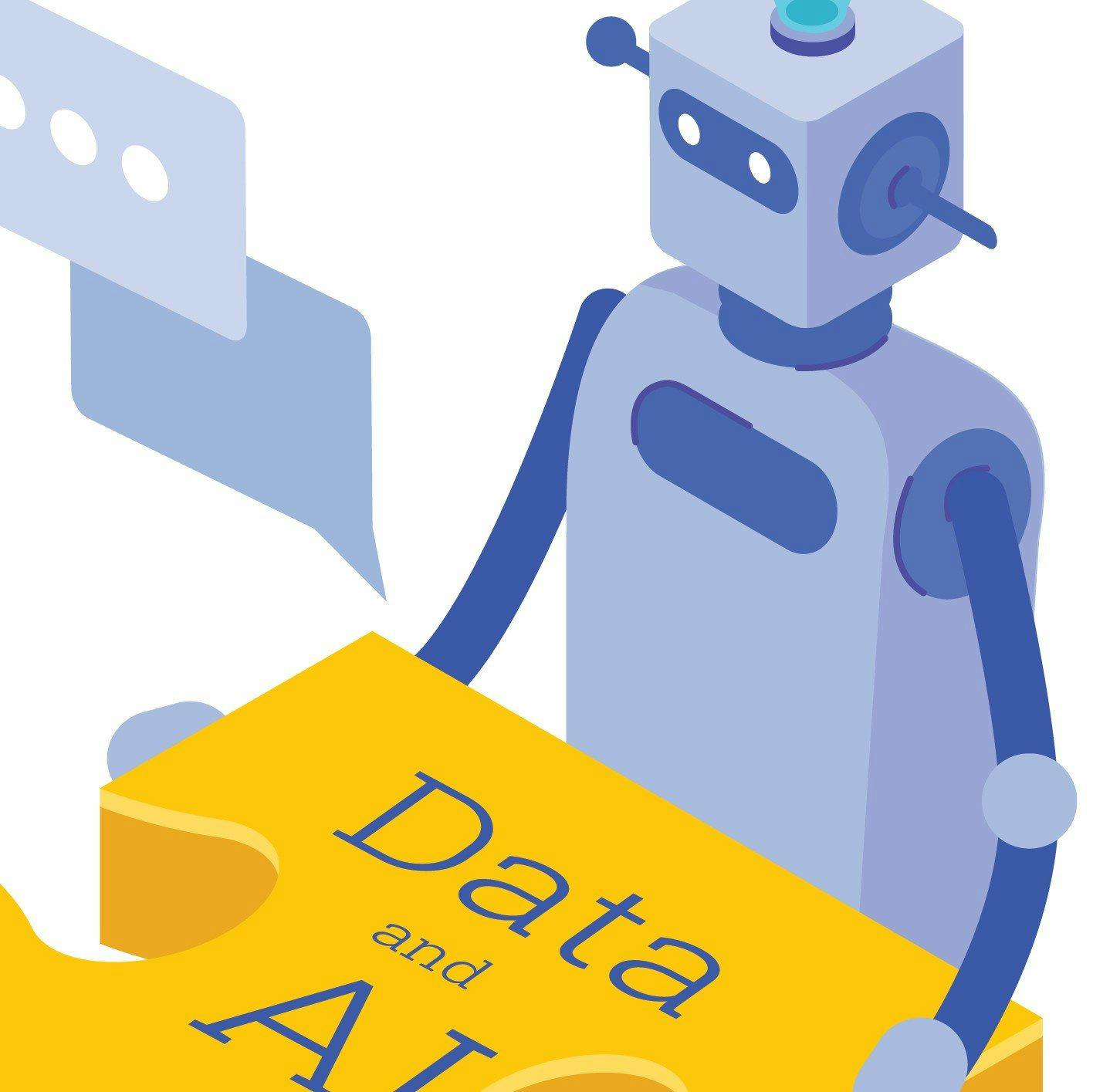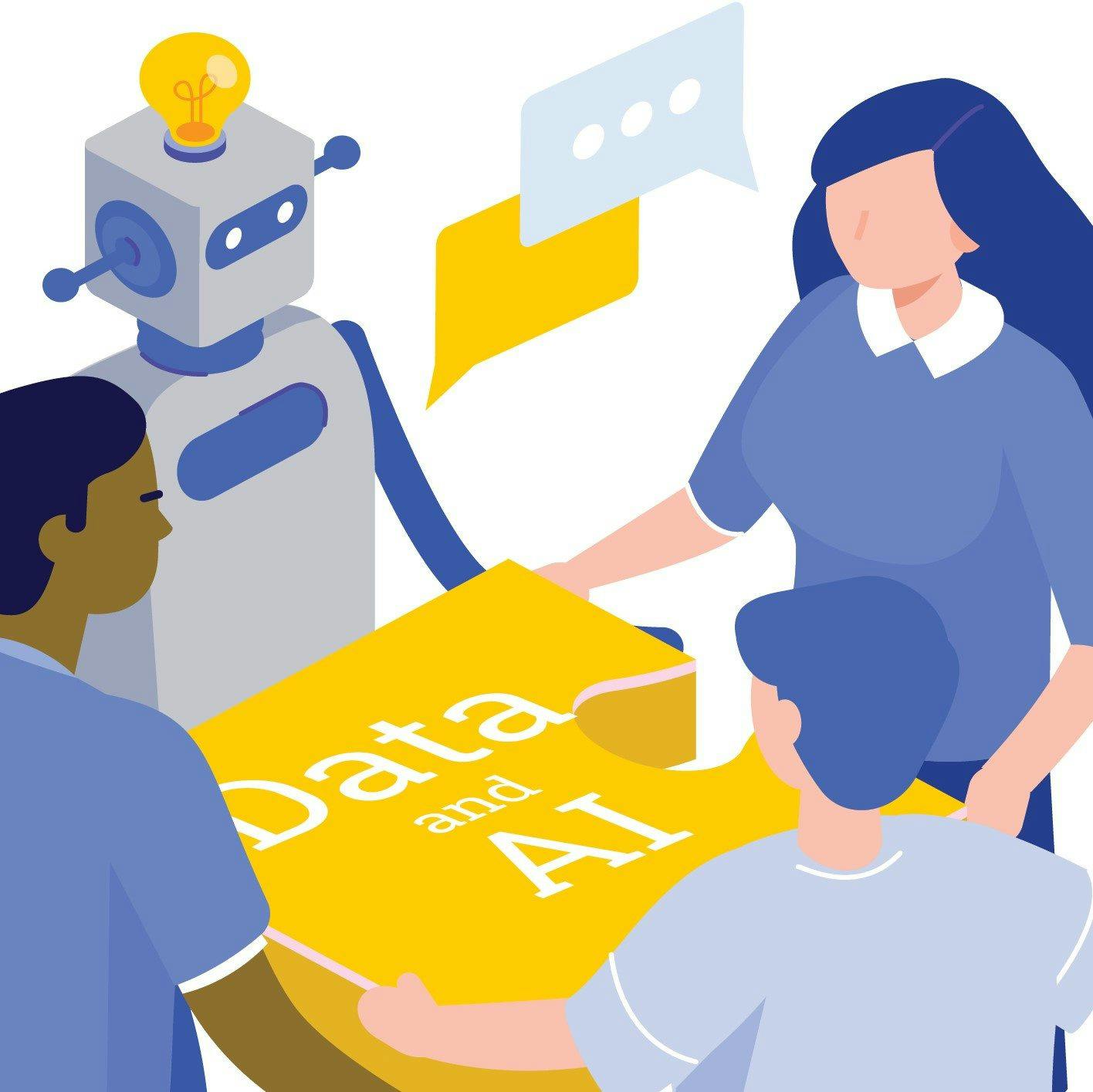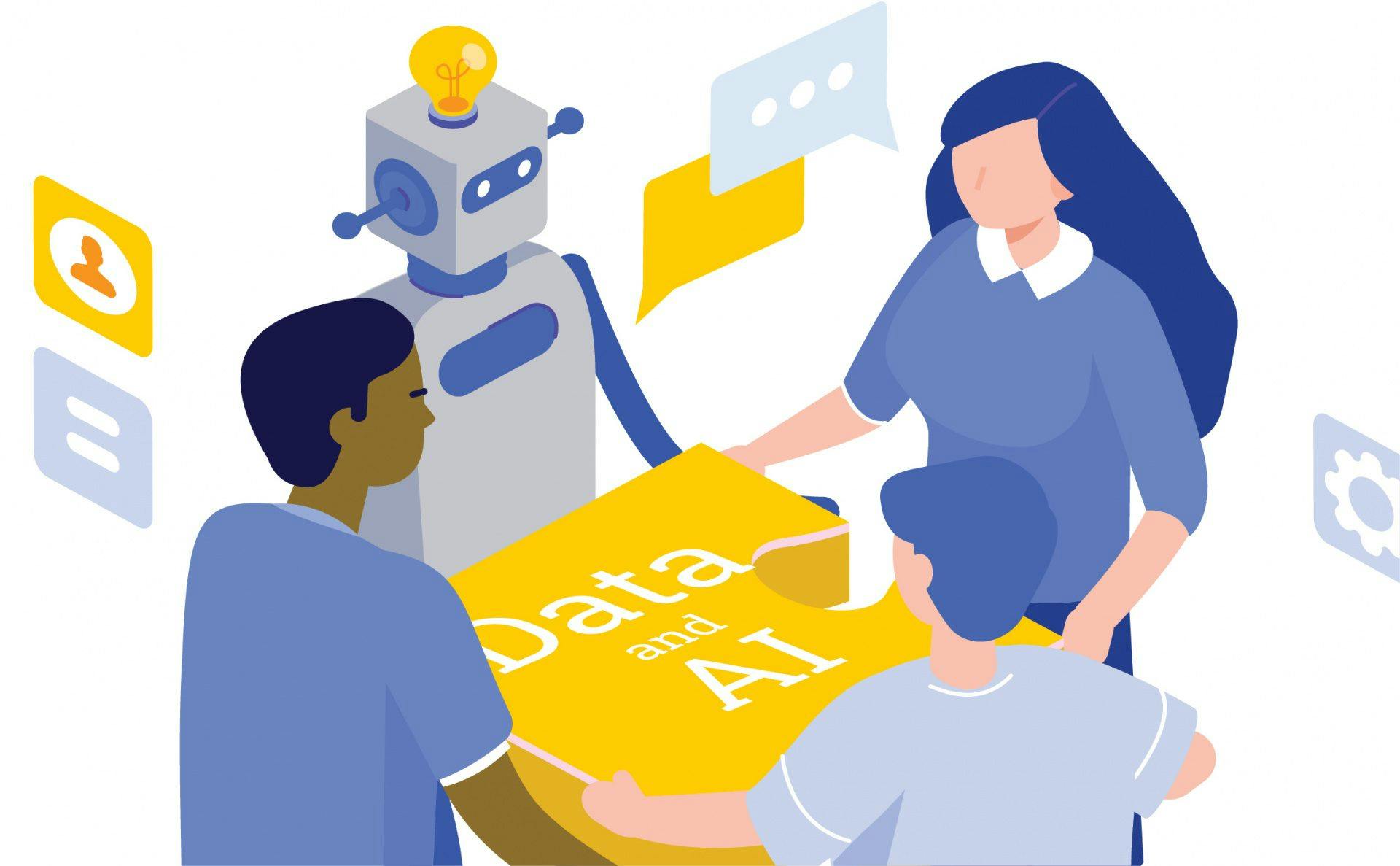1. Digital as a key aspect of reality
Data can tell you a lot, but you have to be willing to listen, says Frans van Helden, managing director at ORTEC Consulting. This requires a mindset shift. Since the amount of data at disposal has increased significantly, board members should also continue to evolve in how they leverage data to make decisions. “You can’t automate everything, but you can scratch your head when you don’t have the data you need. In that case, you should ask yourself why you don’t have those data and what that says about the fundamentals of your decision.” Making better decisions is the essence of being ‘data-driven’, also in the boardroom.

2. The role of organizations in their business network
Today’s wealth of available data and arsenal of analysis tools allow boardrooms to make more informed decisions, with AI and new technologies helping administrators to chart a course, get to the bottom line of scenarios and create value. However, Hans Spaan, Associate Director at ORTEC Data Science and member of Supervisory Boards, believes that technology alone won’t do the trick. Good governance and supervision require a keen eye from the outside-in, the ability to translate what is happening in the world to one’s own company, and cross-industry insight and understanding. First and foremost, however, they require vision.

3. The way to fair algorithmic decision-making processes
Algorithms are more widely used than ever before and affect people and organizations alike on an even greater scale. Apart from algorithms being a useful way to optimize all sorts of operations, there is also a potential downside: they can potentially discriminate against certain people. The profiles used for fraud detection could for instance be questionable. Algorithms can also potentially influence hiring processes, mortgage applications and online targeting, and in all these processes, it is vital that people are treated fairly. The good news is that, although it is step by step, we can make algorithms fairer.

4. Five essential mindset shifts for organizational transformation
Everyone wants to become data-driven and most organizations have realized by now that the transition revolves around acquiring the right data, technology, skills, and models. However, executives often seem to ignore the most important, and most exciting requirement: changing the corporate DNA. To facilitate a data-driven approach and to attract the new generation of digital talent, organizations will have to implement multiple mindset shifts. And not all of them are even directly related to data. What they do have in common, though, is that the board has a key role to play. Rianne Langenberg, Managing Consultant at ORTEC Consulting, takes us through several key requirements based on the five “Mindset shifts for organizational transformation’ published by ThoughtWorks. Such a philosophical and organizational shift starts at the top and requires a solid change plan.

Sign up for more thought-provoking insights
Stay current through our Data Brief, delivered to your mailbox once a month.
